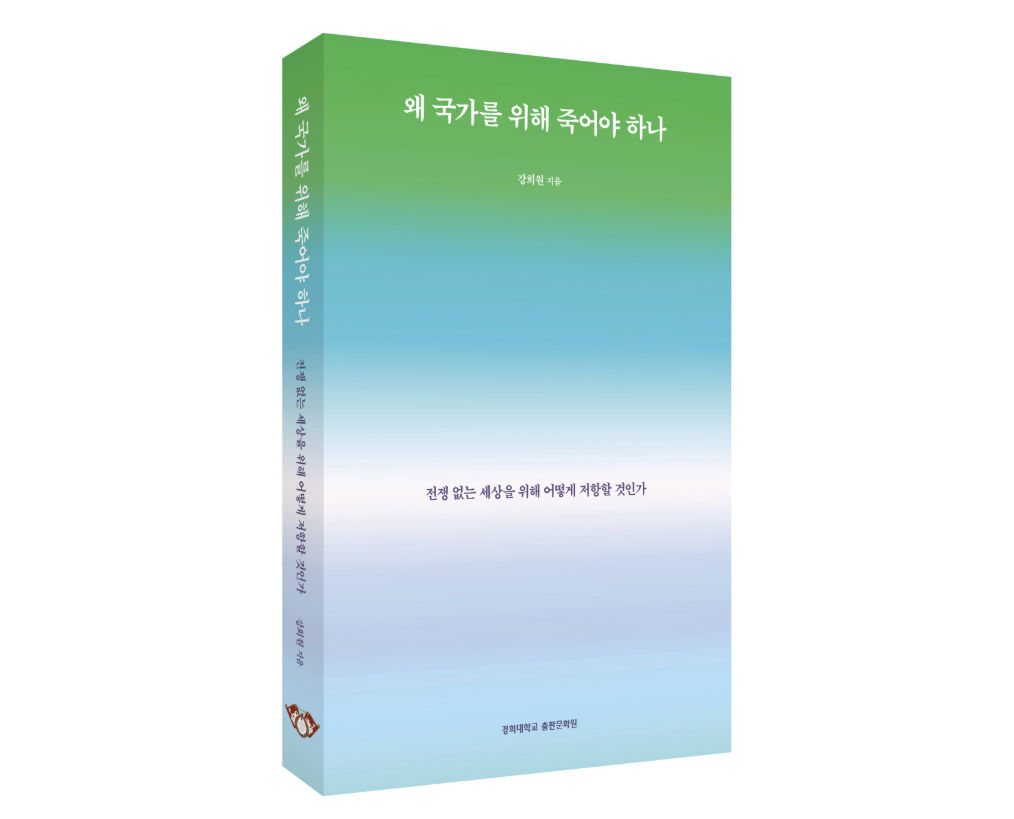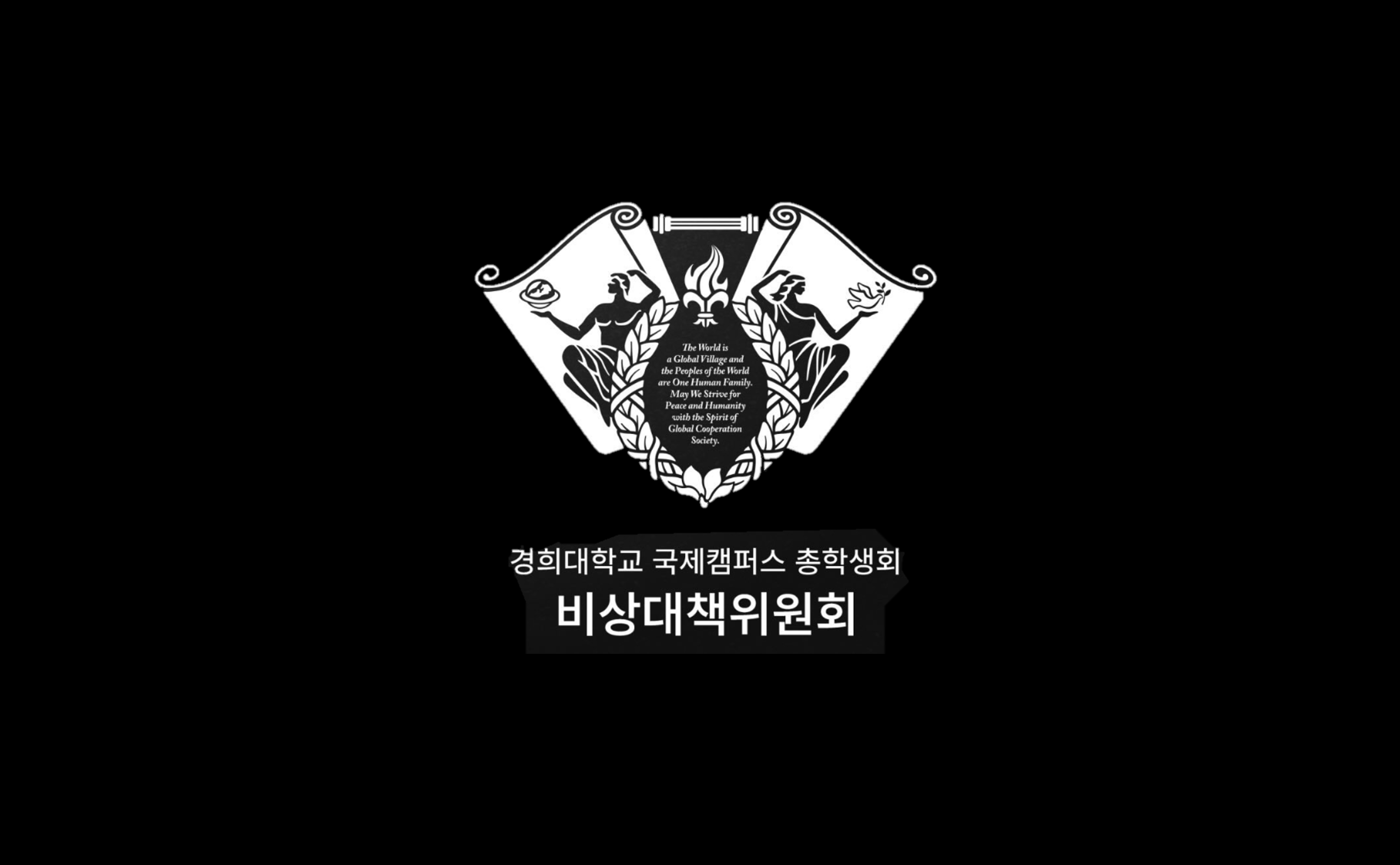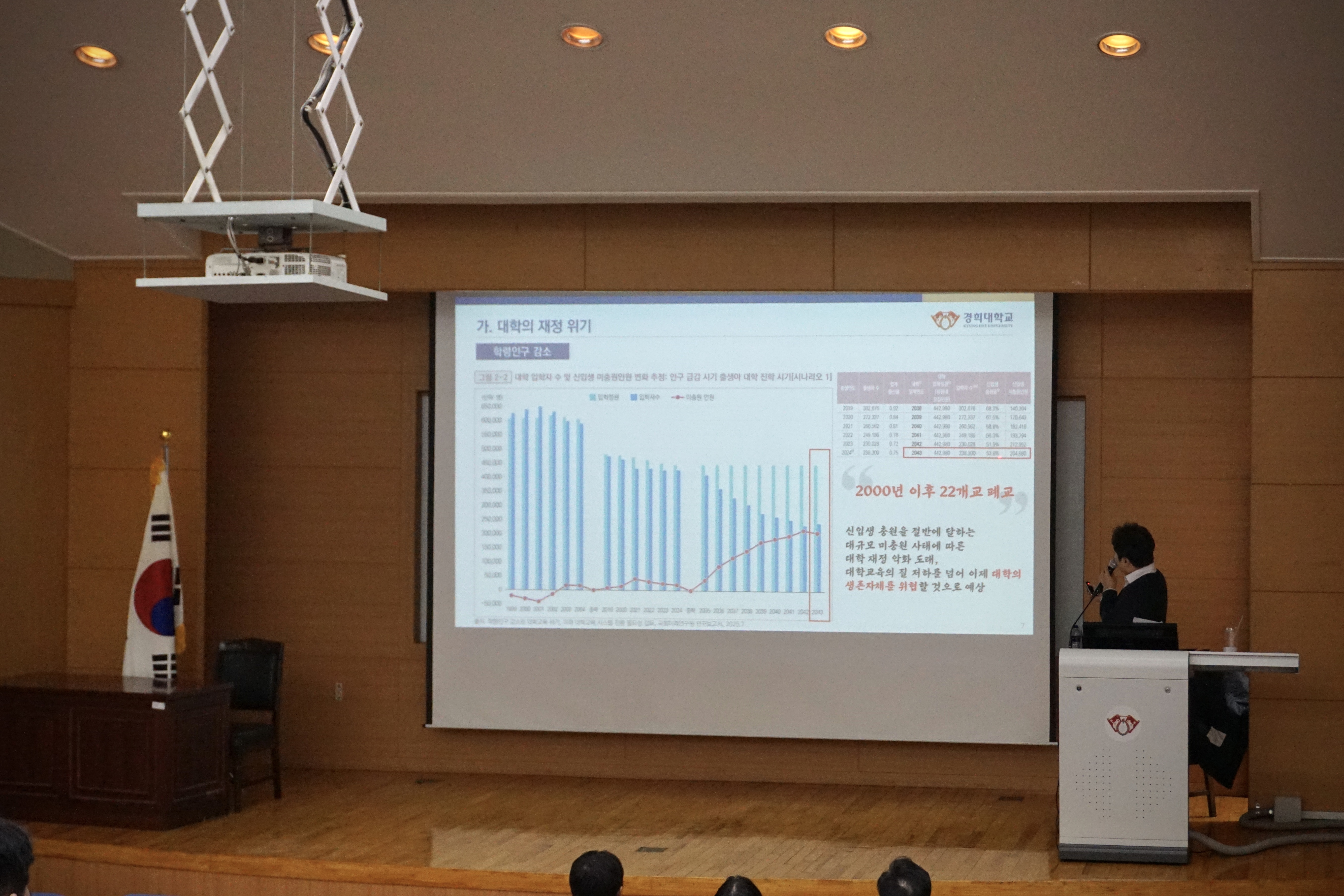[Opinion] Am I Proactive or Just Reactive?
Are we superior to other living organisms? On the first day of every semester this is the first question I ask students. Some say we are but others say we aren’t. Perhaps all are correct. We can invent things, develop technology, modify what we have, improve our surroundings, etc. We now can control the weather, not only that we will not need to fully depend on fossil fuels for too much longer because other replacements are available now such as hybrid vehicles, electric cars, biofuels and hydro or even solar energy. Human inventions and technology may seem evident that we are definitely above every other living organism. In result, we delude ourselves that we are not part of nature but we are above it and can control nature. Is this really true? We already know the textbook answer. In the big picture human beings are one of the five kingdoms, one of millions of species, a small portion of living and non-living things on earth. However, we often behave as if we are the King of the planet and we can do anything we want to. Including myself, we assume that the earth will somehow sustain itself for me. Yes, we know we need to do something about our environment and our planet but not today, not me because I am only one person and the government and companies are the bigger causes. This is a foolish thought because we also know the truth that what goes around, comes around. As much as we wish that we have nothing to do with these terrible consequences that we are facing today, we are well and truly a big part of the causes. What should we do then? Should we protest against the government or companies? Should we all become environmentalists?
I drive 200km to commute to the University every day. If I really want to be environmentally conscious, should I not drive at all? Because by driving 200km, I am using fossil fuel and automatically causing pollution. How about using electricity? Should I use candles? See, this becomes ridiculous. We are living in a modern society that we can’t just go back to 200 or 300 years ago when we were causing less damage to our environment. We need to consider many other things including economy as well as society. We need balance in our actions – specific goals that are realistic and practical.
Let me come back to a previous question. We tend to blame the government, companies, or anything else but ourselves. How about us though? Do we try to do something for this planet? Why not? Is it because I am just one person and I wouldn’t cause much damage to the environment? Let me think about one example. I practice reducing usage of paper coffee cups so I take tumblers with me at all time. When I go to a coffee shop, I order coffee and ask a staff to pour coffee into my tumbler. I feel proud of myself and feel good. One morning, I go to a coffee shop and order today’s special coffee. Now, staff is making coffee and I realize that I have a tumbler in my bag but I forgot to tell the staff to pour coffee into my tumbler. See, I am still sleepy because I worked late at last night and still waking up. I am talking to myself ‘just one day, so let it go. I will do it next time.’ Then, I don’t inform the staff and I walk out of the coffee shop with coffee in my hand – it is not in my tumbler but in a to-go cup. You may think it is just one cup, however, let’s imagine on that morning 100 people did the same thing as I did, then that’s 100 cups that will be wasted. Let’s say 1,000 people did or one million people did! One source indicates approximately 100 million people drink coffee every day in the US. Then should we all condemn coffee companies for not providing environmentally friendly cups and running an environment campaign?
The government and companies share a large amount of the blame, definitely. That is undeniable. However, that doesn’t make us free from causes of environmental damage and responsibilities of the consequences. One perfect example is the Taean Oil Spill off the coast of South Korea in 2007. The government and companies were all blamed for their neglect of duty and inefficiency of dealing with the accident, and they rightly deserved criticism. However, if people just sat there and blamed the government or companies only, Taean would be in a worse state today. The credit for cleaning up the mess doesn’t just go to the government and the companies involved, it also goes to the individuals who volunteered to help out. I went there with colleagues, Koreans and foreigners. It didn’t matter what nationality anyone was. We all went there, prepared our own gear to clean up the mess. It was a disaster, it looked awful, it smelled awful. It didn’t seem like we could do anything that would make a difference because the seashore was totally covered with oil. It was one big black stain. It was a shocking scene to see. The government was there to clean up the disaster zone. Companies were there doing their duties. However, that wasn’t the “wow” part. It was the ordinary people – individuals who were willing to actually do something and share the responsibility. This is the spirit everyone had and we should have today.
Demand action plans from the government and companies, but we should ask ourselves this question first: ‘Am I also responsible?’ If yes, ‘Am I doing something about this?’ If still yes, the final question should be: ‘Am I proactive rather than reactive?’ Precautionary Principle is not for just the government and companies, but for us. It is time to be proactive rather than reactive! Who owns the planet? No one does, but at the same time we all do. It is not the government, companies, or someone else who are responsible for our planet, but we as individuals are responsible. The choices we make every day, be they small or big, impact on our world – for better or worse. What are you going to do differently from today?
There are no registered comments.
- 1
- 2
- 3
I agree to the collection of personal information. [view]




